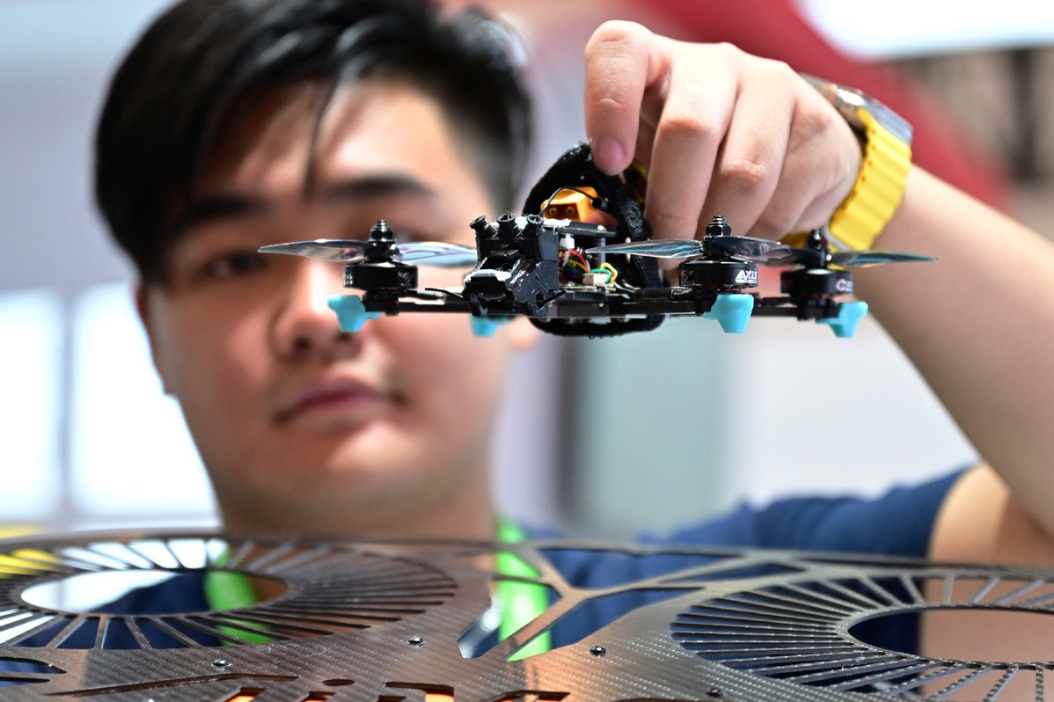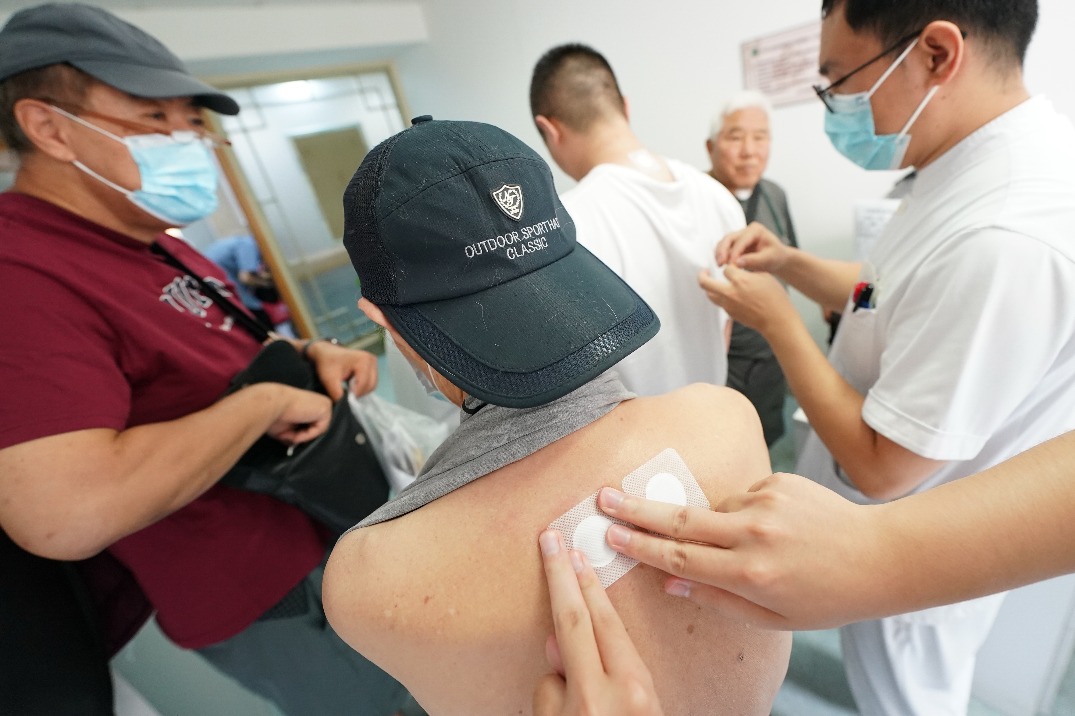Mandatory QR code ordering draws criticism
By Liang Shuang | chinadaily.com.cn | Updated: 2023-06-14 22:58

An elderly couple was shunned at a restaurant in Shanghai recently for not knowing how to order through its mandatory QR code ordering system and received no help from the waiters.
The husband, surnamed Xia, told Shanghai-based Xinmin Evening News when they sat at a Kwei Mun Lung restaurant, a waiter told him to scan the QR code on the table to order food after serving them tea. A second waiter also told them to order by scanning the code.
"We are just too old for that. We pay only cash for groceries, subway rides and meals," Xia said, adding he and his wife, who are in their 80s, don't own smartphones that can scan codes. They eventually left the restaurant in disappointment.
After a field visit by Xinmin, the outlet reported every diner has to accept the terms to register for the restaurant's membership before they can order. Waiters at the site said the restaurant does not offer paper menus, and scanning the code is the "only way" to order, adding the chain restaurant's other locations in Shanghai all have the same policy.
Scanning a QR code to order has become common in China in recent years, as it boosts efficiency and saves on receipt paper. However, some places have reduced or even canceled regular menus and ordering services, triggering dissatisfaction.
According to a report by Southern Metropolis Daily, Luckin Coffee, a nationwide chain store of beverages, requires all its customers to order via its mini-app, which documents account names and shopping information.
When asked about ordering directly, Luckin's staff members said the only way would be for them order on their own phones on consumers' behalf, adding the code-only system has been working for more than a year.
Similar practices had been called unlawful by some lawyers and market inspectors.
By stripping all other ways of ordering, "It infringed upon consumers' right of choice and fair trade," said Qin Yubin, a senior partner at Shanghai-based Shangfa Law & Consulting.
"In addition, the practice is also likely to have obtained consumers' personal information beyond a reasonable need. There is no need to register a cellphone number if it's just about ordering a meal," he said.
In 2021, the Shanghai Administration for Market Regulation gave a catering company a warning and fined it 50,000 yuan ($7,000) for illegally collecting consumers' personal information by requiring them to order by scanning QR codes. The administration listed it last year as an exemplary case in protecting consumers' rights.
Market regulators said the company unnecessarily collected cellphone numbers, did not inform consumers its purpose for using the numbers, nor did it protect the safety of the numbers by encrypting the database.
"Customers should say 'no' to these businesses by voting with their feet, and these vendors should rectify their behavior if they really care about consumers' rights and convenience," Qin said.
























